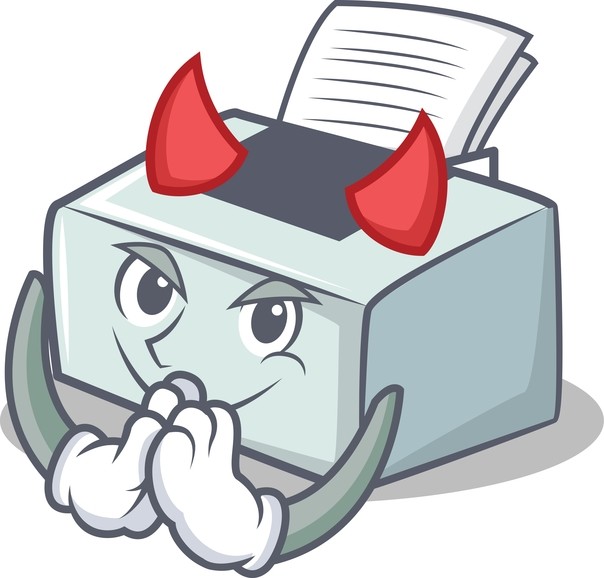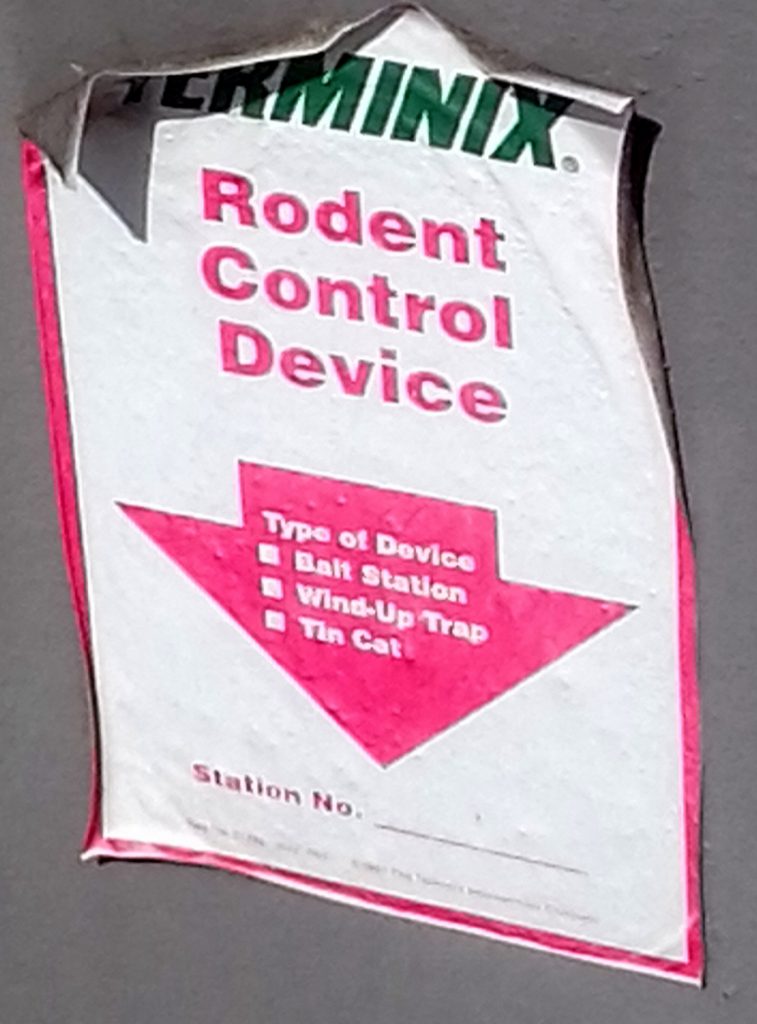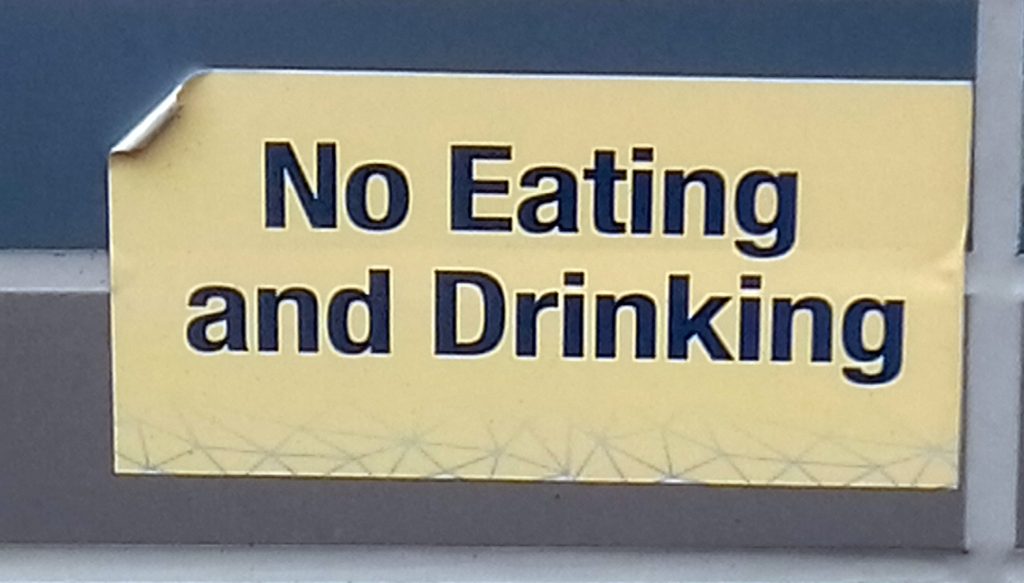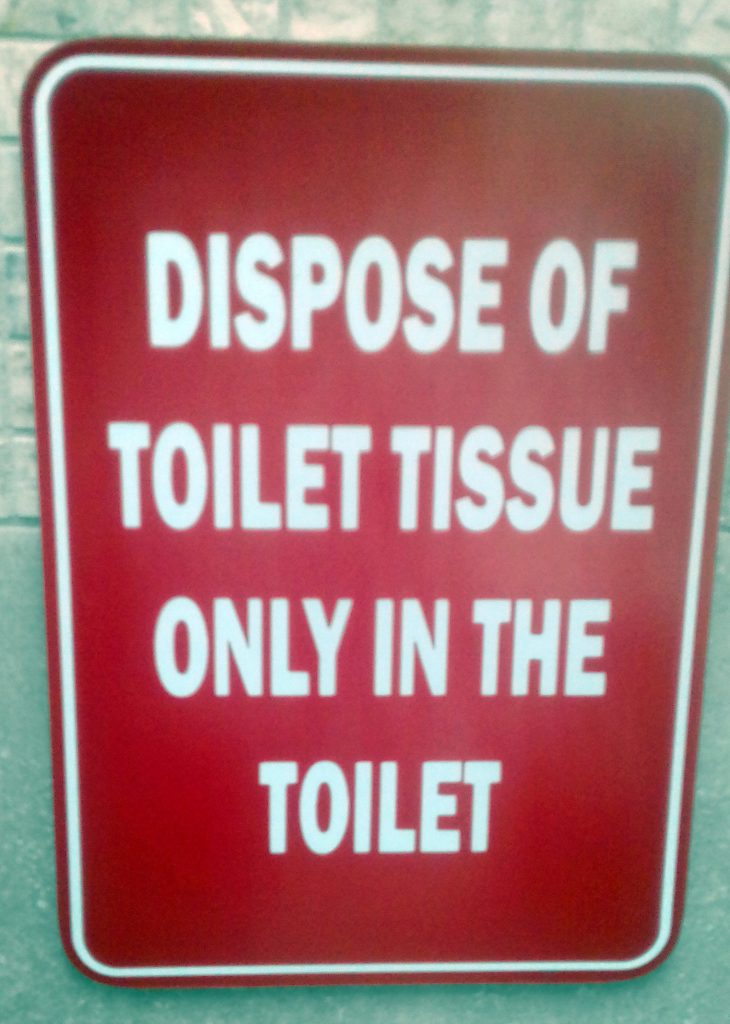
A while ago I had a conversation with a client who approached me to proofread a major financial document. I agreed, but soon they came back to tell me that higher-ups had vetoed the idea, saying that several people had approved it, so it was okay to print as it was.
Um . . . mebbe, mebbe not.
Now, what I’m about to say might sound arrogant and self-serving, but I don’t mean it as such. Believe me when I say that if any document is meant for public consumption, it’s a really, REALLY good idea to have a professional editor or proofreader look it over.
Here’s why.
An editor’s eye is different
Yes, yes, we’re all educated people here. We can all put together a decent memo or report. But thinking that a document is fine because management has looked it over might be a mistake. When professionals proofread, we examine every single sentence. We check every single punctuation mark. We debate agonisingly over every bulleted list. Periods at the end of each item or no? Indented or flush? We’re by no means infallible, but I can promise you that when you pass your document through the hands of a good editor, it’ll be better for it.
You need someone to double-check your facts
You say the time in Ghana is three hours ahead of Trinidad and Tobago . . . but are you sure? Maybe I can run a quick check on that for you? (Yeah, it’s actually four hours.) Have you correctly spelled the name of your Minister of Parliament? (And do you want them to forever hold you in their craw if you haven’t?) Is the person you’re writing about called Jennifer or Gennifer? I’ll find out for you.
People might actually understand what you’re trying to say
Have you ever had to read something three or four times to be able to understand what the hell it’s saying? *eye roll. If some corporate writers got paid by the number of letters in each word, they could retire and open a coconut ice cream stand in Malibu.
A good editor will help you break down dense copy into easily digestible bites. So your reader doesn’t give up halfway and use your publication to line their hamster cage.
The printer’s devil hates you
Photos printed upside down. No captions. Page numbers screwed up. An entire column in a story says ‘lorem ipsum’ over and over. You notice too late that someone in the background of your cover photo is flashing their boobs. Oops.
Reprints are expensive
You know what’s painful? Getting your booklet back from the printer only to discover a handful of minor typos—or a major, catastrophic one. Which will leave your company with egg on its face, and you stammering before your superiors about how you let it slip past you.
You like to sleep at night
In short, hiring an editor to edit or proofread will give you peace of mind. Someone has taken the time to pick and poke at your valuable document and then stitch it back up again. Feels good, doesn’t it?
Wait! You aren’t leaving without leaving a comment, are you?





